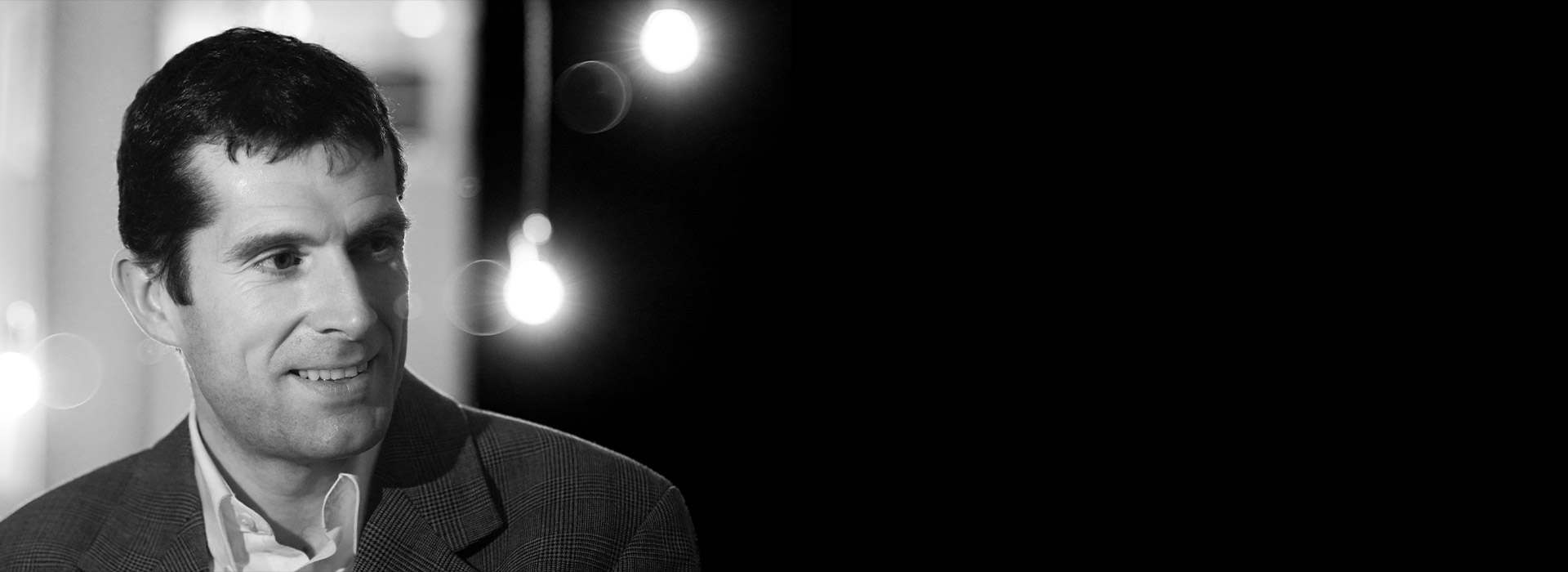I would be willing to bet that the present right-thinking consensus will come to seem laughable in a generation or two – though of course it may be replaced by a new consensus that is just as invalid. The human will to believe is inexhaustible. After selling my principal business at the very end of 2010, I had enough time for the great indulgence of reading and researching to understand why, in this universe, there is anything at all. This I call the big ‘why’ question. Most of the scientific community errs on the side of caution when trying to answer the ‘why anything’ question, on the basis that their discipline better suits them for answering the ‘how anything’ question. Yet the secular world is increasingly being influenced by champions of atheism that are often noted biologists and cosmologists who seek to answer this ‘why’ question by proposing that over a very long time period, a series of potentially improbable random events all came together at the right time to give rise to what we see around us. The Christian religion, which is my fundamental religious outlook, tells us this: God did it. In varying degrees of sophistication, theologians over several millennia have explored what this might mean. Philosophers have often been drawn to the same God-based conclusions, although there are many who decline to comment on the ‘why’ question or reject outright the notion of God as the reason behind the ‘why’. Philosophers seem to be much more relaxed in discussing the matter than scientists, who avoid the issue or condemn it as an illegitimate point of view. However, both the scientist and the philosopher will always attest that they are using their powers of reasoning to deliver their pronouncements and are therefore correct. Both cannot be fully right. The moralising high priests of religion have been almost completely replaced by the moralising high priests of science. And, when it comes to answering the ‘why’ question, the latter, using dubious methods and speculation to arrive at their conclusions, have shown themselves to be a poor replacement for the hectoring preacher. While I approached the reading of their works in good faith and in as scholarly manner as I could, respecting their academic titles from world-renowned institutions, I found a staggering level of pretension on display. On the whole, their views are held without humility – in fact, I found I was not exploring a view point with them, but being told what to think in a deeply patronising manner. Their atheist ‘religion’ is an unthinking religion, and of the very worst kind. Yes, reader, it is a religion, as I hope you will discover in later chapters of this book. The scientist I challenge is the naturalist, reductionist, materialist scientist. I appreciate there are many other scientists who do not hold this view or conduct their science in this tradition. But for the sake of brevity, when I use the word ‘scientist’, it is invariably to discuss the views of such a naturalist, reductionist, materialist scientist and his atheist world view. I apologise in advance for any offence given to other scientists who do not share this view. Some theologians are happy to use their powers of reason to achieve some coherence between their faith and their understanding of the world around them, while others seem entirely comfortable with their beliefs and see no need to question the foundation of their faith. Some theologians and scientists will acknowledge that faith comes first and reason second. Because of my reading, I have come to see that I can only understand things through the lens of my faith in God – what I call the fundamental ground for being. This faith is absolutely presupposed, before I start to exercise my powers of reason on anything. Faith and reason overlap at the point where I hold a position of faith that then allows me to believe anything. The title of my book, Against Atheism, therefore argues against the atheist position that claims to have no faith. You, the reader, can judge whether I am ‘off with the fairies’, a phrase atheists are prone to using about people of religious faith, or actually onto something. Like St Augustine, who asserted ‘Believe in order that you may understand.’ Or, like another great philosopher-theologian, St Anselm: ‘I do not seek to understand in order that I may believe, but I believe in order to understand.’
– Thomas Nagel
![]() This work is licensed under a Creative Commons Attribution-NoDerivs 3.0 Unported License.
This work is licensed under a Creative Commons Attribution-NoDerivs 3.0 Unported License.



